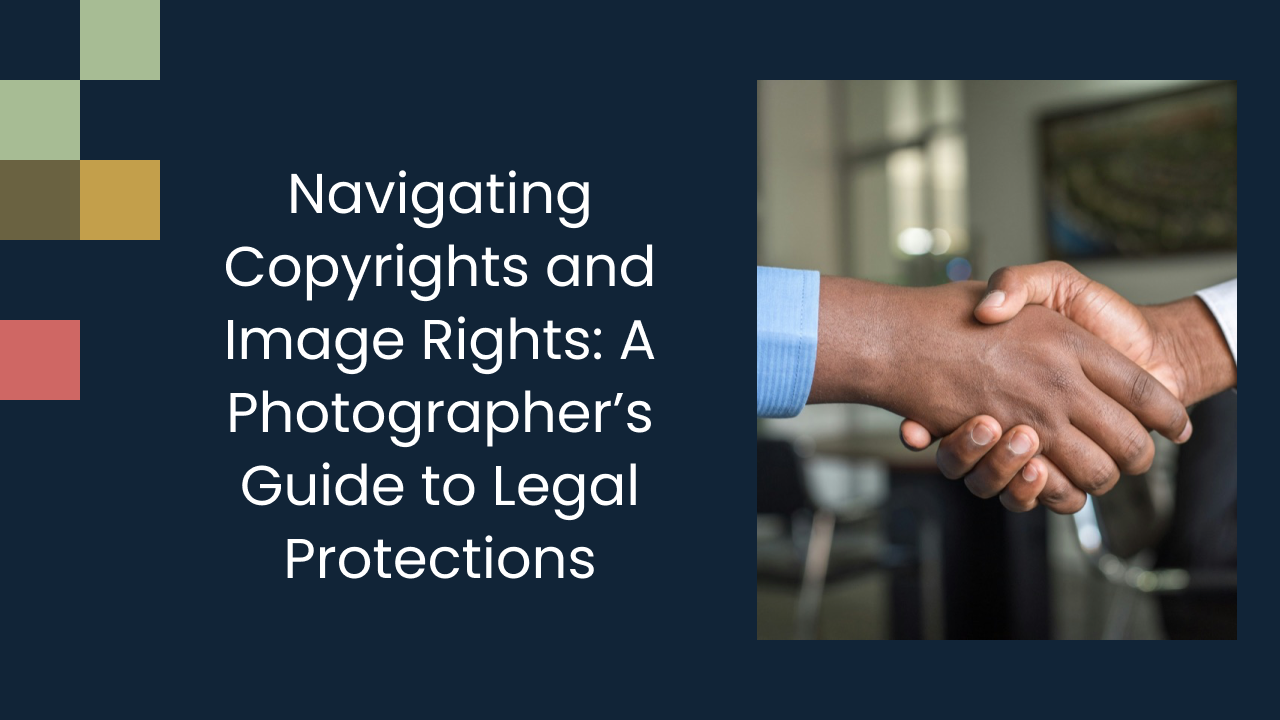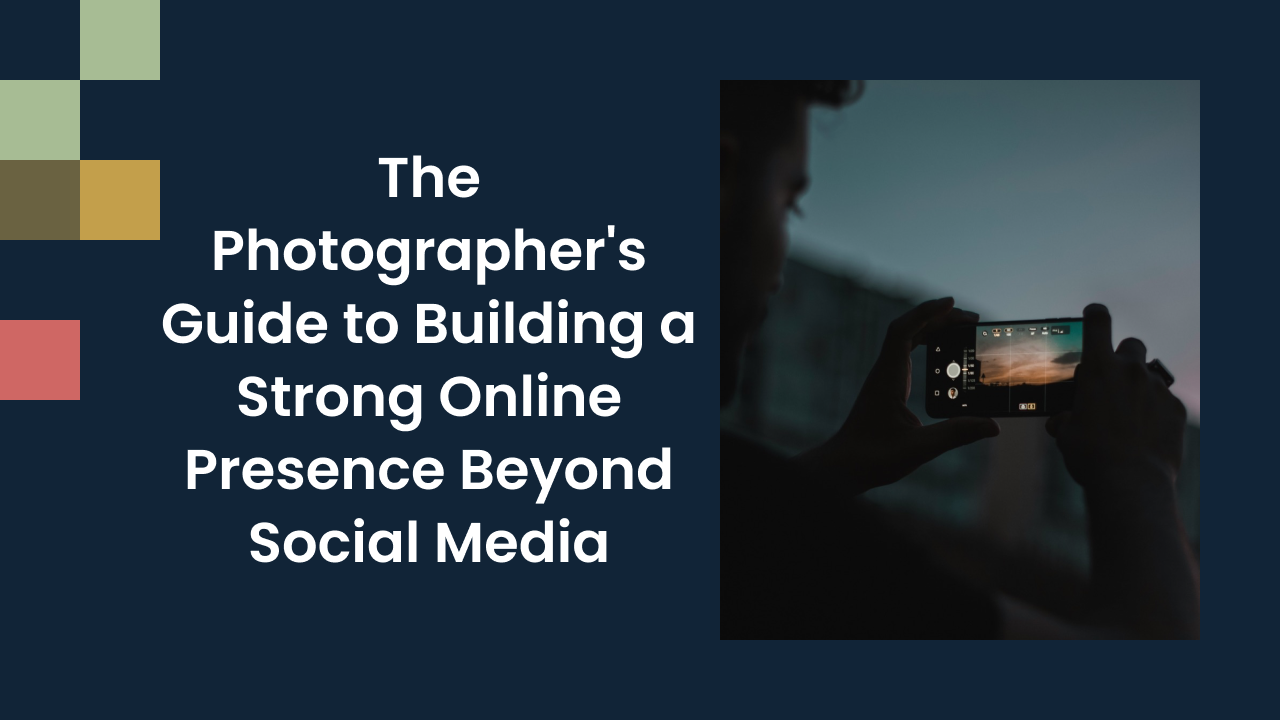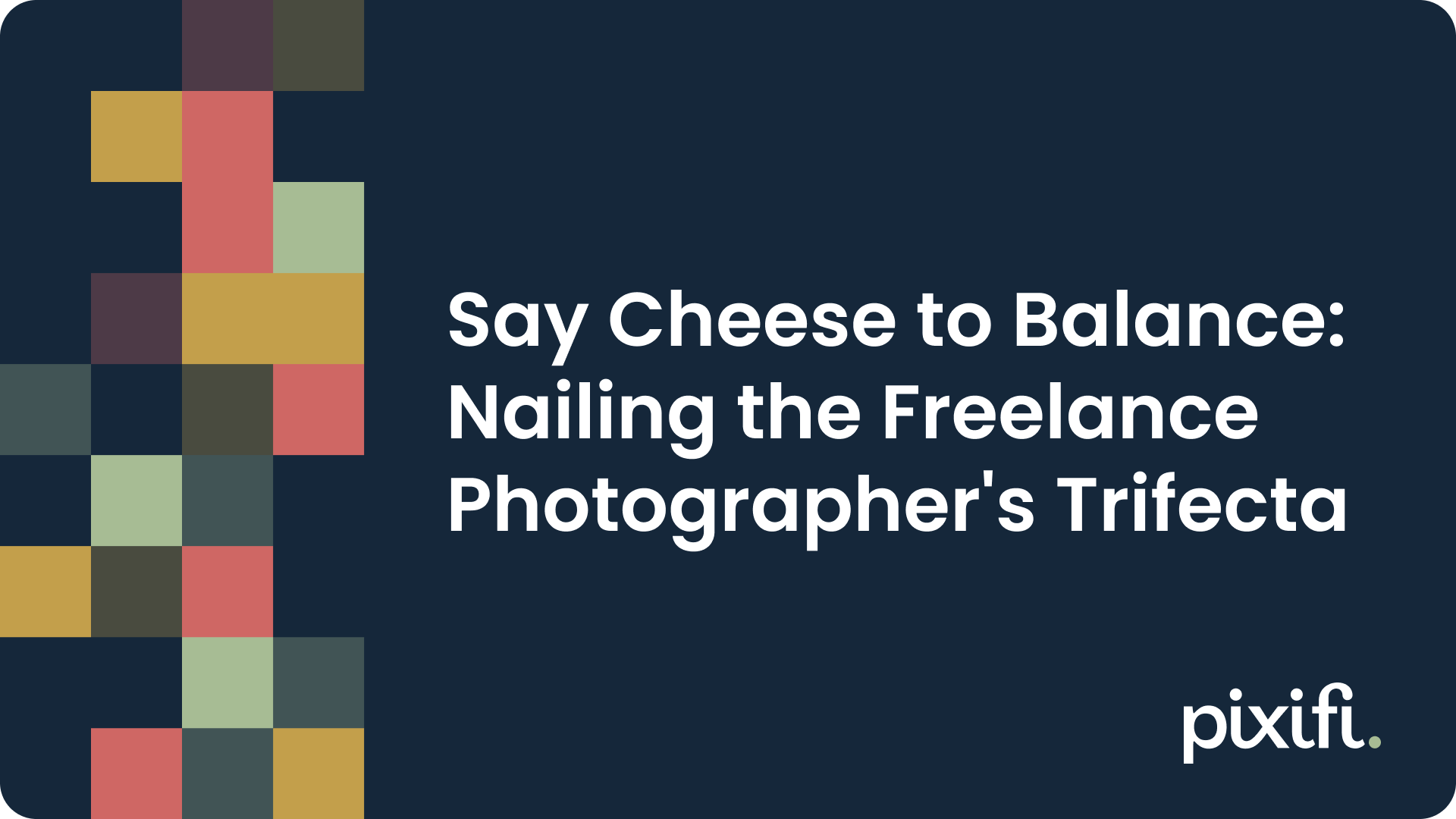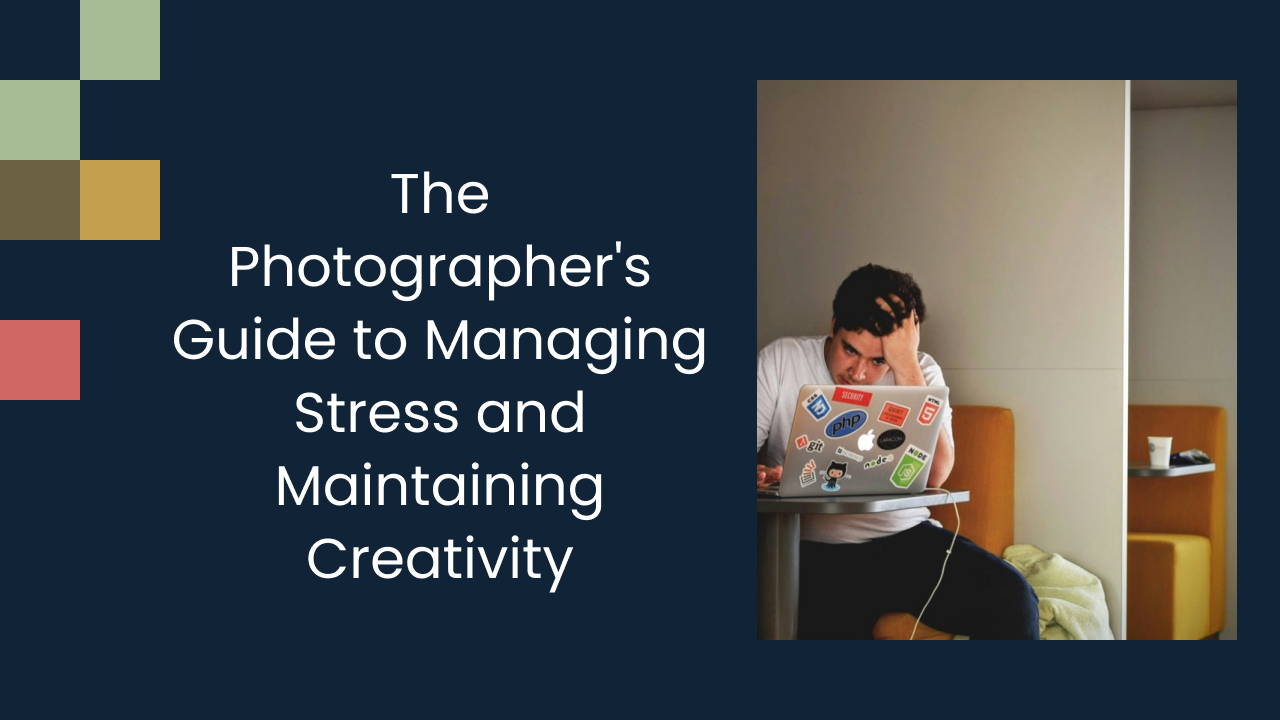Navigating Copyrights and Image Rights: A Photographer’s Guide to Legal Protections
In today's digital age, where photos are shared and distributed with a single click, it has become increasingly important for photographers to understand their legal rights and protections. Copyrights and image rights play a crucial role in safeguarding a photographer's work and ensuring that their creative efforts are respected and rewarded. In this guide, we will explore the basics of copyright law, the significance of image rights, the process of copyright registration, dealing with infringement, and the opportunities for licensing and selling your photography.
Understanding the Basics of Copyright Law
Copyright is a legal concept that grants exclusive rights to the creators of original works, such as photographs, for a limited period of time. It protects the expression of ideas and allows the creators to control how their work is used, reproduced, and distributed.
Copyright law is essential in protecting the rights of creators and artists. It serves as a safeguard against unauthorized use or reproduction of their work, ensuring that they have the ability to benefit from their creations. By granting exclusive rights, copyright law incentivizes creativity and innovation, as creators can be assured that their efforts will be recognized and rewarded.
So, what exactly is copyright? In simple terms, copyright is the bundle of rights that an artist or photographer possesses over their work. It provides the creator with the exclusive right to reproduce, distribute, display, and perform their work publicly.
What is Copyright?
Copyright is a form of intellectual property law that gives the creator of an original work the exclusive rights to reproduce, distribute, perform, and display their work.
Copyright not only benefits individual creators but also contributes to the cultural and economic development of society as a whole. By protecting the rights of creators, copyright law fosters a thriving creative industry, encouraging the production of new and diverse works that enrich our cultural landscape.
How Does Copyright Apply to Photographers?
For photographers, copyright is the legal protection that allows them to control the use of their photographs. It gives photographers the right to decide who can reproduce their work, and in what capacity.
Photographers should be aware of the importance of registering their works with the copyright office to fully protect their rights. Registering a copyright provides a public record of ownership and is necessary for pursuing legal action against infringement. By taking proactive steps to secure their rights, photographers can safeguard their creative output and ensure fair compensation for their work.
Ensuring that your photographs are protected by copyright is essential for establishing your ownership and preventing unauthorized use or theft of your work.
The Importance of Image Rights in Photography
While copyright protects the originality and expression of a photograph, image rights are equally important in protecting the subject matter depicted in the image. Image rights refer to the rights of individuals or entities depicted in a photograph.
When it comes to image rights, it's not just about the photographer's creative ownership of the image but also about the rights of the individuals captured within the frame. These rights are crucial in ensuring that the subjects have control over how their likeness is used and distributed.
Defining Image Rights
Image rights encompass a person's right to control the commercial use of their own likeness, name, and personal attributes. In other words, image rights protect individuals from having their image used for commercial purposes without their consent.
Furthermore, image rights extend beyond just individuals to include properties, landmarks, and even certain products that may be recognizable and subject to legal protections. Understanding the nuances of image rights can help photographers navigate the complex landscape of intellectual property laws.
The Role of Image Rights in Protecting Your Work
As a photographer, understanding and respecting image rights is crucial when photographing people or private property. Obtaining the necessary permissions, releases, or licenses will protect you from potential legal issues and help maintain positive relationships with your subjects and clients.
By proactively addressing image rights concerns in your photography practice, you not only safeguard your own work but also demonstrate a commitment to ethical and legal standards in the field. This level of professionalism can set you apart in a competitive industry where integrity and respect for individuals' rights are highly valued.
How to Register Your Copyright
While copyright protection for your photographs exists automatically upon creation, registering your work with the appropriate copyright office provides additional legal benefits and advantages.
Registering your copyright is a crucial step in protecting your creative works. It serves as a formal record of your ownership and can be essential in establishing your rights in case of any legal disputes. By taking the time to register your copyright, you are not only safeguarding your intellectual property but also gaining access to a range of legal remedies and protections.
The Process of Copyright Registration
To register your copyright, you need to complete the necessary forms and submit them to the Copyright Office, along with a copy of your photograph(s) and the required filing fees. The registration process varies depending on your country of residence, so it's essential to consult the specific guidelines provided by the local copyright office.
When submitting your materials for copyright registration, it's crucial to ensure that you provide accurate and complete information. Any errors or omissions in your application could potentially impact the validity of your copyright registration. Therefore, it's advisable to double-check all forms and documents before submission to avoid any complications in the registration process.
Benefits of Registering Your Copyright
Registering your copyright offers several advantages. It provides a public record of your ownership, making it easier to prove your rights in case of infringement. It also allows you to sue for copyright infringement and seek statutory damages and attorney fees.
Furthermore, registering your copyright can enhance the commercial value of your photographs. Having a registered copyright can increase the marketability of your work, as it demonstrates a level of professionalism and commitment to protecting your creations. This can be particularly beneficial if you are looking to license or sell your photographs to third parties, as it provides potential buyers with confidence in the authenticity and exclusivity of your work.
Dealing with Copyright Infringement
Unfortunately, copyright infringement can occur, and when it does, it's crucial to take appropriate action to protect your rights and seek remedies for any damages incurred.
Copyright infringement is a serious matter that can have significant consequences for creators and rights holders. Not only does it undermine the value of intellectual property, but it can also result in financial losses and reputational damage. As such, it is essential for individuals and businesses to be vigilant in monitoring and addressing any instances of infringement.
Identifying Copyright Infringement
To identify copyright infringement, you should regularly monitor various platforms and websites where your work is likely to be shared or distributed without permission. Utilize reverse image searches and copyright infringement monitoring services to identify unauthorized use of your photographs.
In addition to monitoring online platforms, it is also important to keep an eye out for unauthorized use of your work in offline settings, such as print publications or physical products. Copyright infringement can take many forms, so staying alert and proactive is key to protecting your intellectual property rights.
Steps to Take When Your Copyright is Infringed
If you discover that your copyright has been infringed, take the necessary steps to address the issue. Start by collecting evidence of the infringement, such as screenshots or links to the unauthorized use. Then, send a cease-and-desist letter, requesting the immediate removal of the infringing material. If necessary, consult an attorney to assess the best course of legal action.
It is important to act swiftly and decisively when dealing with copyright infringement to prevent further unauthorized use of your work. By taking proactive measures and seeking appropriate remedies, you can protect your creative efforts and uphold the integrity of your intellectual property rights.
Licensing and Selling Your Photography
One of the most exciting aspects of being a photographer is the opportunity to license or sell your work and turn your passion into a profession. The journey from capturing a moment to seeing your photography displayed in galleries, publications, or even adorning someone's wall is a fulfilling experience that many photographers aspire to achieve.
Building a successful photography business involves more than just taking stunning photos; it requires a deep understanding of licensing, copyright laws, and the art of selling your work. By mastering these aspects, you can not only showcase your creativity but also ensure that your rights are protected and your efforts are duly compensated.
Understanding Photography Licensing
Licensing your photography involves granting others the right to use your images under specific conditions and for a specified period. It's a way to monetize your art while maintaining control over how it is used. From commercial advertisements to editorial features, each licensing agreement can open up new avenues for your work to be seen and appreciated.
Furthermore, understanding the nuances of licensing can help you negotiate better deals, establish fair pricing structures, and build long-lasting relationships with clients who value your unique perspective and aesthetic.
Tips for Selling Your Photography Legally
When selling your photography, it's crucial to ensure that you do so legally and protect yourself from potential legal issues. Obtain the necessary model releases, property releases, and contracts to ensure that you have the right to commercially use and sell your photographs. These legal safeguards not only protect you as a photographer but also provide clarity to buyers regarding the permissible uses of your images.
Moreover, staying informed about copyright law and image rights is essential for navigating the complexities of the photography industry. By familiarizing yourself with intellectual property laws and industry standards, you can confidently pursue opportunities for licensing and selling your photography, knowing that your creative vision is safeguarded and respected.
Looking for an easier way to manage and grow your studio? Experience a platform built by a photographer, for photographers. Try it free for 2 weeks.











